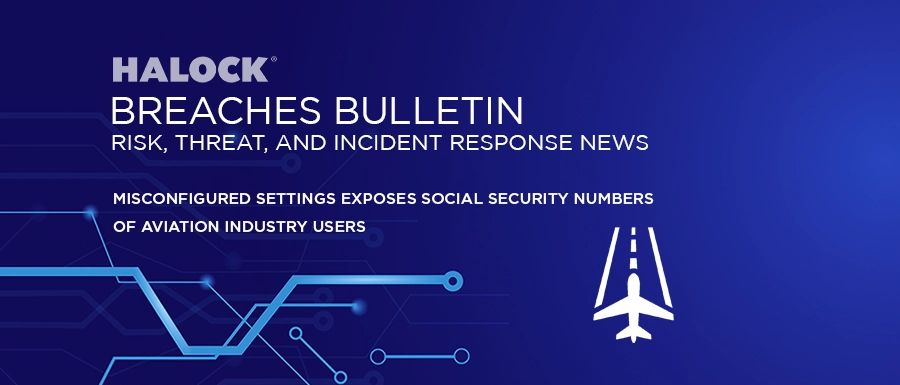Description
FlightAware, based in Houston, Texas, is renowned for delivering real-time, historical, and predictive flight insights to various segments of the aviation industry, including airlines, airports, and air traffic control. On July 25, the company identified a configuration error in its backend systems that had exposed personal user information for over three years, allowing unauthorized access. In response, the company’s President issued a letter to all potentially affected individuals, informing them of the breach and the steps being taken to address it.
Actions Taken
The company reports that the configuration error was immediately addressed. Following the incident, FlightAware is enforcing a mandatory password reset for all. Users are advised to monitor their accounts for any suspicious activity and report anomalies to local law enforcement. FlightAware is offering comprehensive credit monitoring services for two years at no cost to their users.
Prevention
Misconfigured settings are a common problem when it comes to cybersecurity. They expand your attack surface and create gaps that threat actors can exploit. To mitigate these risks, configurations should adhere to industry best practices and be thoroughly documented for consistent implementation by IT support personnel. A key preventive measure you can take is to conduct regular security audits that scan your systems to identify and rectify misconfiguration, missing patches and other security gaps. Such audits provide a snapshot of compliance at a specific point in time. HALOCK Security Labs can conduct regular audits and risk assessments for your organization to strengthen your security profile and ensure that your duty of care obligations are met.
Many organizations are implementing monitoring solutions that regularly scan the enterprise infrastructure for unauthorized configuration changes. Alerts are then sent to IT support personnel who can then address them in quick fashion. Additional measures include disabling or removing unnecessary services, features, and ports that are not essential for normal operations. Enforcing strict access control policies that adhere to the principle of least privilege (PoLP) can prevent privilege creep over time, further strengthening your security posture.
HALOCK recognized in 2024 Verizon Data Breach Investigations Report (DBIR) on how to estimate risk.
Estimate risk based on real threat data. Read Appendix D in the 2024 Verizon Data Breach Investigations Report (DBIR) to augment your risk analysis.

